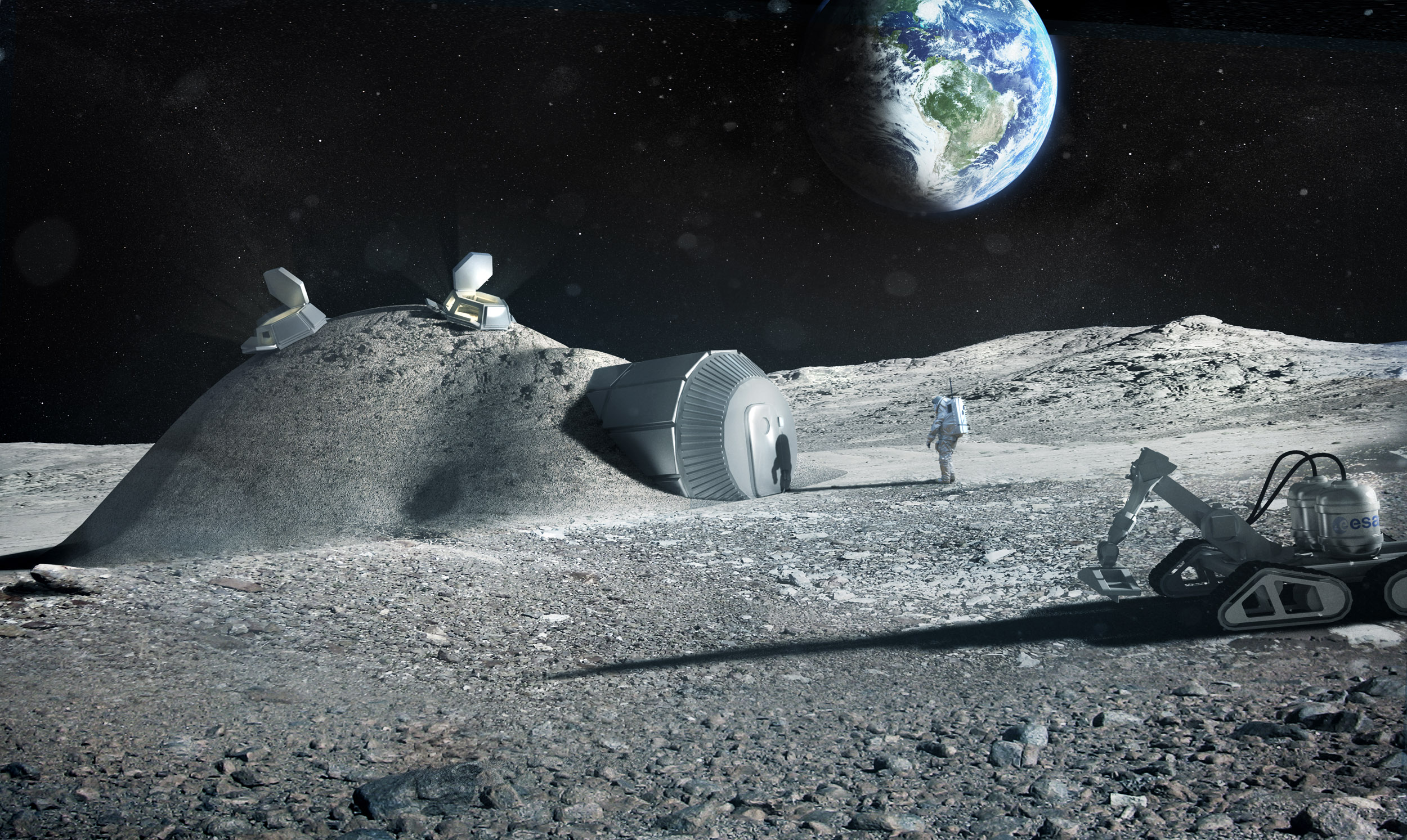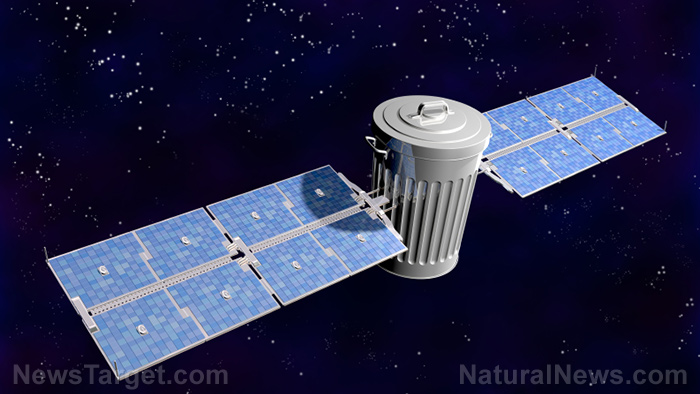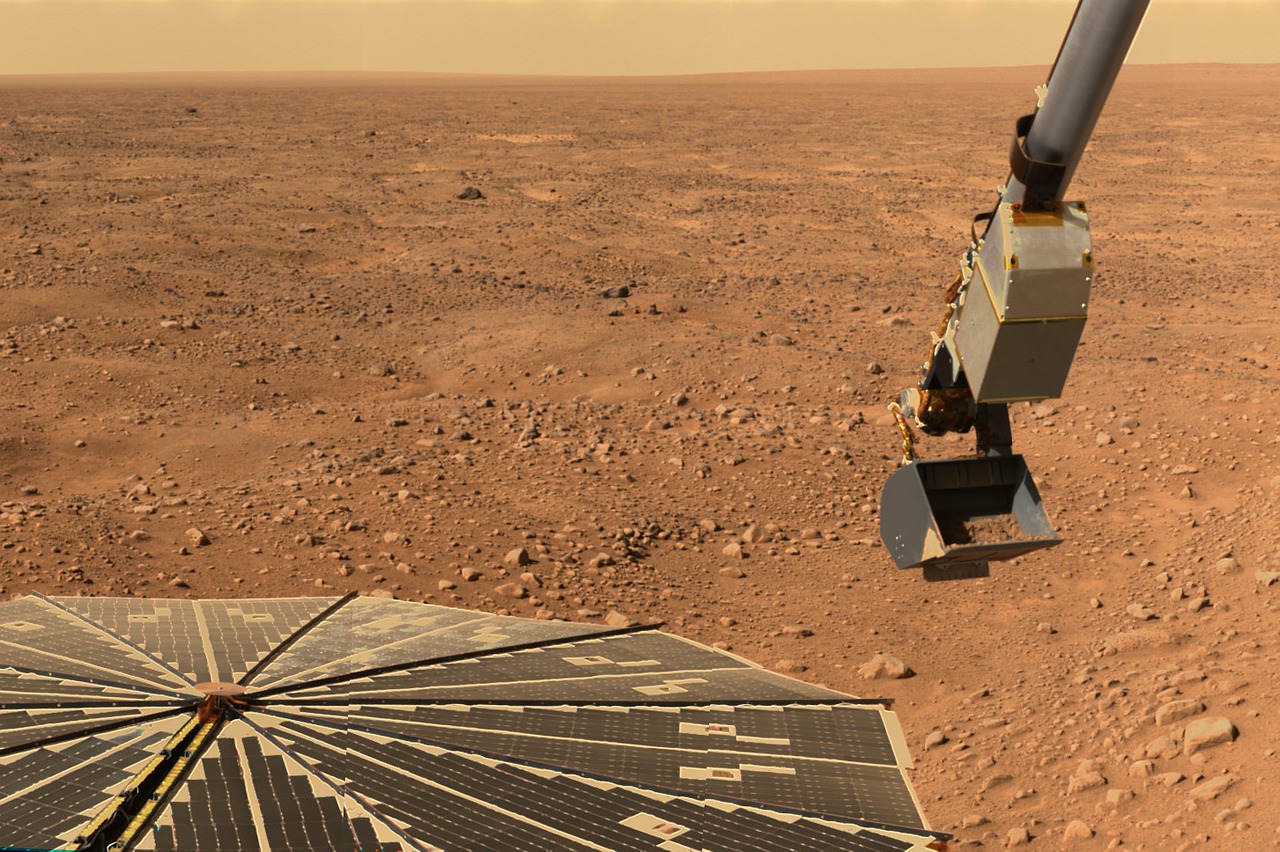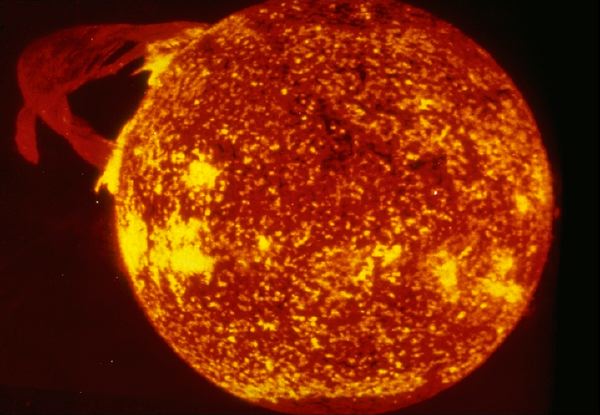Space X will be sending civilians to space
03/03/2017 / By Isabelle Z.
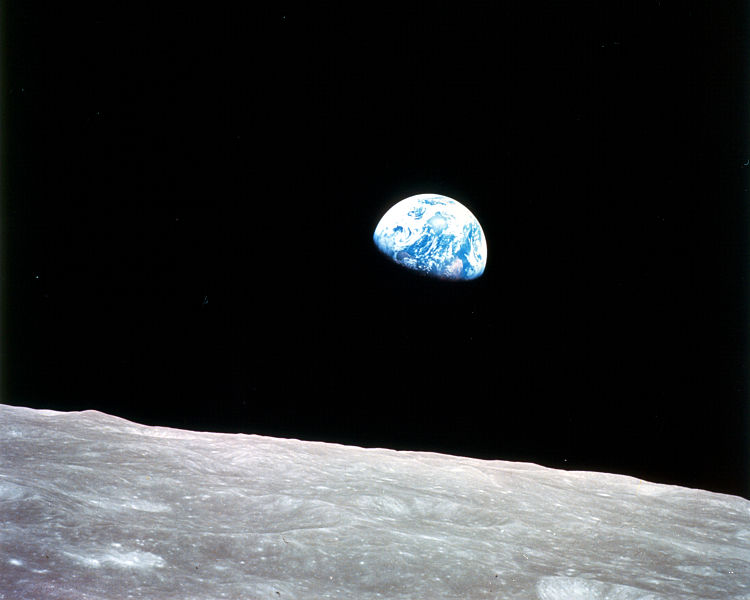
Just a week after the launch of his first rocket, Elon Musk has announced that SpaceX plans to fly two people to the moon some time next year. Musk says he was approached by an unnamed pair of acquaintances who requested a week-long flight to the moon. He has not provided the pair’s identity or the amount of money they paid for the trip, although he claims they have paid a “significant” deposit and are quite serious about the endeavor.
This flight would come about six months after SpaceX sends astronauts to the International Space Station in the middle of 2018. There is a possibility the risky journey could occur around the 50th anniversary of the first manned moon flight.
The mission to the moon would entail launching a Falcon heavy rocket and a Dragon crew capsule from the former NASA moon pad in Florida on a long loop around the moon. The passengers would skim the lunar surface and then go slightly beyond the moon, traveling as far as 400,000 miles overall.
Musk said he hopes the mission will create some excitement among the general public about sending people into space again. From 1969 to 1972, 24 astronauts went to the moon and 12 walked on it. The SpaceX flight will not involve a lunar landing.
Ultimate goal to inhabit Mars
SpaceX ultimately hopes to fly to Mars, with a Red Dragon Mars mission set for 2020. They have already become the first private company in the world to send a spacecraft into orbit and then bring it back safely. SpaceX also became the first commercial business to fly to the space station on a supply mission in 2012. Musk has stated that he aims to reduce the risk of humans becoming extinct by developing a human colony on Mars and making life multiplanetary.
The lunar mission would see the company beating NASA to the punch; they are planning a crew flight with their Space Launch System megarocket (SLS) in 2021, although it is believed that a successful mission by SpaceX could push NASA’s timetable forward by shedding more light on the risk factors involved. Experts say that having more groups attempt such feats provides a wider body of knowledge from which all parties can plan future missions.
Musk made headlines recently after warning the World Government Summit in the UAE that humans need to become cyborgs and establish direct connections with machines or they could become obsolete. He pointed to the example of autonomous vehicles to support his point. He says these cars illustrate how machines have nearly unlimited potential and can beat humans at their own jobs given their brains’ limited processing power. This philosophy extends to his SpaceX moonshot, which is autonomous. However, measures are in place for humans to take over operations if something goes wrong. While he said the two passengers would undergo extensive training prior to the flight, he declined to outline what exactly that would entail.
Plenty of questions have emerged about the mysterious space-faring duo. While Musk would only say they are not Hollywood types, it is clearly someone with a lot of money to burn, and they are essentially paying to become test subjects. However, it is not known if they are people who would meet NASA’s very strict astronaut requirements, with a bachelor’s degree in a field like science and math being the bare minimum. At least three years of related professional experience or 1,000 pilot-in-command hours in a jet are also required. Candidates must pass stringent physical exams and two years of intense training, which includes military water survival, scuba qualifications, microgravity training, and robotics courses.
While the space tourism flight would not be carrying out scientific projects like NASA flights do, some knowledge will still be needed on the part of those traveling in the shuttle as the unforeseen can and does happen in space flight, and it might not always be possible to communicate with the experts on the ground. Technology is capable of many incredible things, but it still can’t replace humans entirely.
Sources include:
Tagged Under: Elon Musk, space tourism, SpaceX

